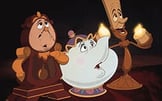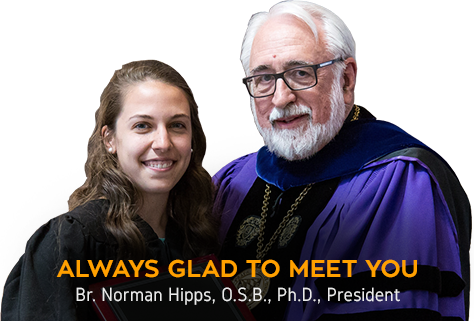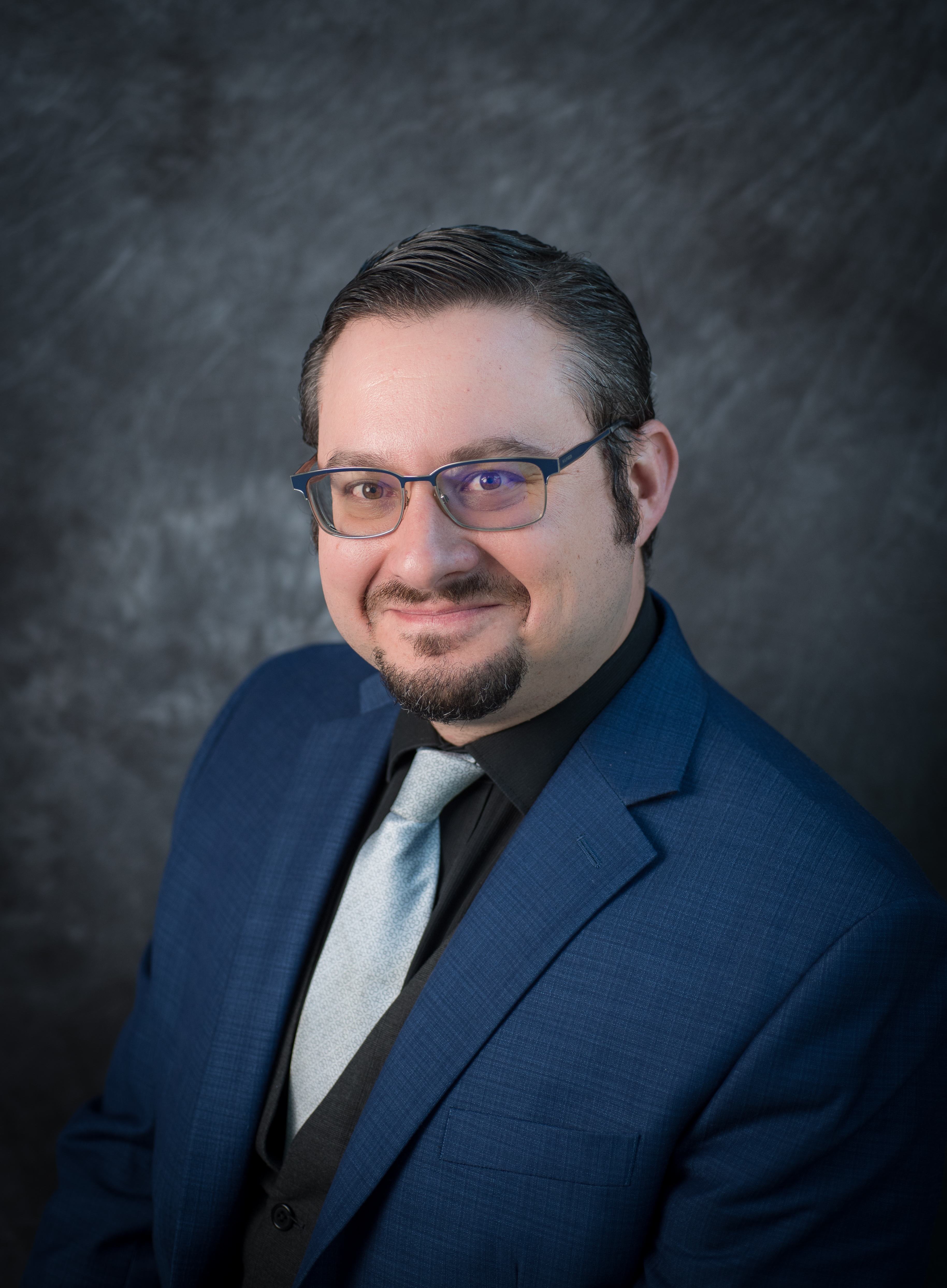For centuries, humanity has grappled with deeply philosophical questions. What is the meaning of life? Why am I here? Perhaps not surprisingly is that organizational behaviorists have asked similarly complex questions. What is the purpose of work? Why do people engage in particular tasks for the benefit of their employers?
Many people might suggest that the answer is simple: money. People work to earn a paycheck. While this may be true to an extent, in a lot of situations money is not the primary motivator to engage in positive workplace behaviors. Sure, employees won’t likely show up to work unless they’re getting paid but, beyond a certain reasonable level of monetary compensation, employees will work harder, stay longer, and have more enthusiasm for the job they are doing because of intrinsic motivators.
Intrinsic motivation is something that comes from within a person. Some classic intrinsic motivators with examples are noted below.
- Role fit. Sometimes individuals get emotional enjoyment out of a job. They have fun at work! In other instances, individuals feel closely aligned with the values inherent in their workplace or they see the value of the tasks that they perform for their job. Maybe their knowledge, skills, and abilities closely align with their job duties making them truly proficient at work. In the recent film “Moana” (2016), the title character had fun exploring, had values that matched the tasks of improving her island, and possessed specialized knowledge of sailing the sea. In this situation, Moana fit her role so well that it seemed as though she was “called” to explore the ocean to restore her home.
 Felt obligation and commitment. Individuals also feel committed to their organization, team, co-workers, or supervisors. This commitment could stem from an emotional reaction, a perceived duty, or a fear of what might happen if they leave their employment. The Beast’s “employees” (Chip, Cogsworth, Mrs. Potts, and Lumiere) in the film “Beauty and the Beast” (2017) likely were motivated at their work for all of these reasons. Though gruff, these characters did seem to have positive emotions for the Beast. They also felt an obligation to help the Beast perhaps because they felt sorry for him. Lastly, they also were afraid of what might happen if they tried to leave the Beast’s castle – they were unlikely to find employment elsewhere!
Felt obligation and commitment. Individuals also feel committed to their organization, team, co-workers, or supervisors. This commitment could stem from an emotional reaction, a perceived duty, or a fear of what might happen if they leave their employment. The Beast’s “employees” (Chip, Cogsworth, Mrs. Potts, and Lumiere) in the film “Beauty and the Beast” (2017) likely were motivated at their work for all of these reasons. Though gruff, these characters did seem to have positive emotions for the Beast. They also felt an obligation to help the Beast perhaps because they felt sorry for him. Lastly, they also were afraid of what might happen if they tried to leave the Beast’s castle – they were unlikely to find employment elsewhere! Personal drive. Some individuals have a personal drive. Whether this drive is ambition, a desire to achieve, or a need for exploring new opportunities, individuals often set personal goals which help motivate them at work. One of my most favorite characters in literature is Cervantes’ tragic Don Quixote (2016 reprint; first appearance 1605). One of the reasons I like Don Quixote is his internal drive. He goes on quests (such as those to slay what he perceives to be a dragon, actually a windmill) regardless of how misguided, ridiculous, or antiquated he might appear to others. He has internal desires, aspirations, and goals that allow him to attempt tasks that others would likely not try.
Personal drive. Some individuals have a personal drive. Whether this drive is ambition, a desire to achieve, or a need for exploring new opportunities, individuals often set personal goals which help motivate them at work. One of my most favorite characters in literature is Cervantes’ tragic Don Quixote (2016 reprint; first appearance 1605). One of the reasons I like Don Quixote is his internal drive. He goes on quests (such as those to slay what he perceives to be a dragon, actually a windmill) regardless of how misguided, ridiculous, or antiquated he might appear to others. He has internal desires, aspirations, and goals that allow him to attempt tasks that others would likely not try.- Contribution. Perhaps one of the most important motivators is an individual’s desire to make a positive contribution to a group or society. I am often reminded of studies on identity in organizations (for an examples see some research from one of my mentors, Elaine Hollensbe, and her team especially Kreiner, Hollensbe, & Sheep, 2006) which highlights that people often define themselves in part by the work that they do. The classic book “Working” (Terkel, 1972) represents a cross section of people working in a variety of different roles throughout the US. Many of the statements from interviewees in the book represent the need to find meaning from work. Perhaps this is in order to have a positive self-definition. One’s self-definition, and the meaning that they find in work, can be increased if individuals believe that their effort is making a valued contribution.
 If employees possess some of the intrinsic motivators noted above, it is likely that they have found their vocation, especially if their jobs aid promoting the common good (see the Pontifical Council for Justice and Peace’s 2012 document “Vocation of the Business Leader” for a thorough discussion of work as a vocation). The challenge for organizations, then, is to help employees foster their vocations. It is easy for organizations to adjust monetary compensation – it is much harder for employers to strengthen fit within a job, increase an employee’s sense of commitment and obligation, influence an individual’s personal drive, and to help a person perceive the impact of their contribution. Yet, the best employers do these very things. By doing so, the employee benefits and so does the employer by having a highly motivated, committed, and satisfied employee that is helping to achieve shared organizational goals.
If employees possess some of the intrinsic motivators noted above, it is likely that they have found their vocation, especially if their jobs aid promoting the common good (see the Pontifical Council for Justice and Peace’s 2012 document “Vocation of the Business Leader” for a thorough discussion of work as a vocation). The challenge for organizations, then, is to help employees foster their vocations. It is easy for organizations to adjust monetary compensation – it is much harder for employers to strengthen fit within a job, increase an employee’s sense of commitment and obligation, influence an individual’s personal drive, and to help a person perceive the impact of their contribution. Yet, the best employers do these very things. By doing so, the employee benefits and so does the employer by having a highly motivated, committed, and satisfied employee that is helping to achieve shared organizational goals.
So, what are some ways that you’ve seen organizations increase intrinsic motivation? What motivates you? Do you view salary or intrinsic motivation to be more important? I’d like to hear from you in the comments below, via michael.urick@stvincent.edu, or on social media (www.facebook.com/urickmj) and www.linkedin.com/pub/michael-urick/a3/775/5b/). I hope that you find your true vocation!
Michael J. Urick, PhD, MBA, MS
Works Cited
Cervantes, M. 2016. Don Quixote. (Reprint from 1605 and 1615) Simon and Schuster: New York, NY.
Clements, R. & Musker, J. 2016. Moana. Walt Disney Pictures.
Condon, B. 2017. Beauty and the Beast. Walt Disney Pictures.
Kreiner, G. E., Hollensbe, E. C., & Sheep, M. L. 2006. Where is the “me” among the “we”? Identity work and the search for optimal balance. Academy of Management Journal, 49, 1031-1057.
Pontifical Council for Justice and Peace. 2012. Vocation of the Business Leader. Corpus Christi, TX.
Terkel, S. Working. 1972. MJF Books: New York, NY.


 中国学生
中国学生 Estudiantes
Estudiantes




